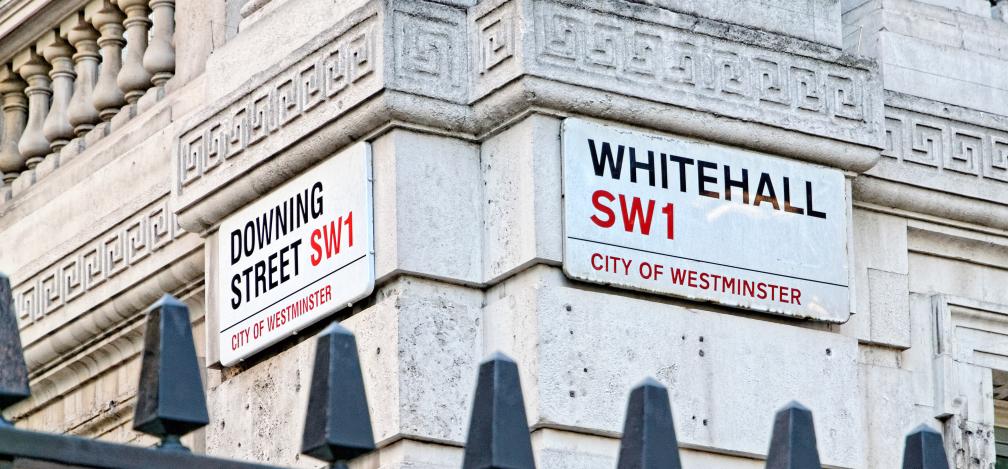Restrictions on government activity during an election campaign
During an election campaign, there are restrictions in place on what the government can do – both in initiating policy and in use of official resource

What should civil servants do during the general election campaign?
Watch our webinar exploring how civil servants should navigate the uncertainty of a general election campaign and prepare for a potential change of government.
Watch back here